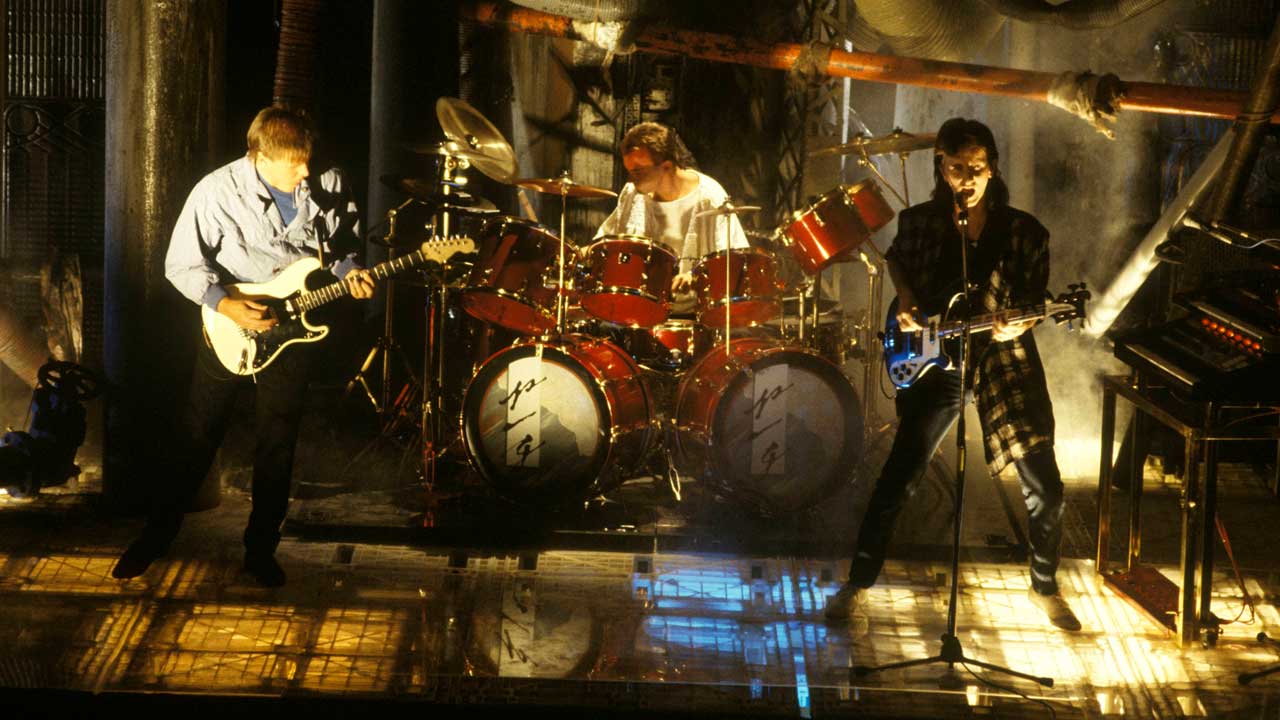
Rush’s sound had evolved and transformed over the course of their first eight albums, but 1982’s Signals was a clean break with the past, pivoting away from the great guitar epics of the 70s towards a state-of-the art keyboard-oriented sound – to the chagrin of some of their hard-core fans.
Not that Rush themselves were concerned. Rather than retreat to familiar ground, the trio instead doubled down on their controversial new approach and fully embraced new sounds and technologies. And it really took hold with 1984’s Grace Under Pressure, taking them far from their roots. It was also the first album where longtime producer and mentor Terry Brown wasn’t behind the desk.
“We had to start right from the ground up in making things as different as we could,” said Neil Peart of the decision. To find a new producer, Rush began scouring the credits of albums they liked, and drawing up a list of potential candidates.
Eventually they opted for the British-born Peter Henderson, best known for his work with Supertramp. He found a band kneedeep in new gadgets. Peart had begun using electronic drums, while bassist/vocalist Geddy Lee and guitarist Alex Lifeson spent more time than ever playing keyboards.
But Henderson proved to be a poor fit for Rush, and sessions stretched on for four months, longer than on any previous album.
“It seemed like this album took years to finish,” Lifeson said at the time. “We started in the beginning of November and finished on the twelfth of March, 1984. It took two months to lay down the basic tracks; it’s a mystery to me why it took so long. We were so prepared and had twice as long as usual to write, rehearse, arrange and refine the material.”
The arduous process partly inspired the album’s title: Grace Under Pressure. “Not only was it relevant to many of the songs, it was also rather fitting to the way this album was going,” said Peart.
The finished album dialled back Signals’ synthesised sheen a little, making more space for Lifeson’s guitar. Songs such as Red Sector A and Distant Early Warning became staples of the band’s set throughout the 80s, but Grace Under Pressure ultimately wasn’t the album Rush wanted it to be.
“It was a pretty low time,” Lee said later. “We weren’t sure of the kind of band we wanted to be. There was a lot of experimenting. We ended up pretty much producing that record on our own, and it was hard.”







